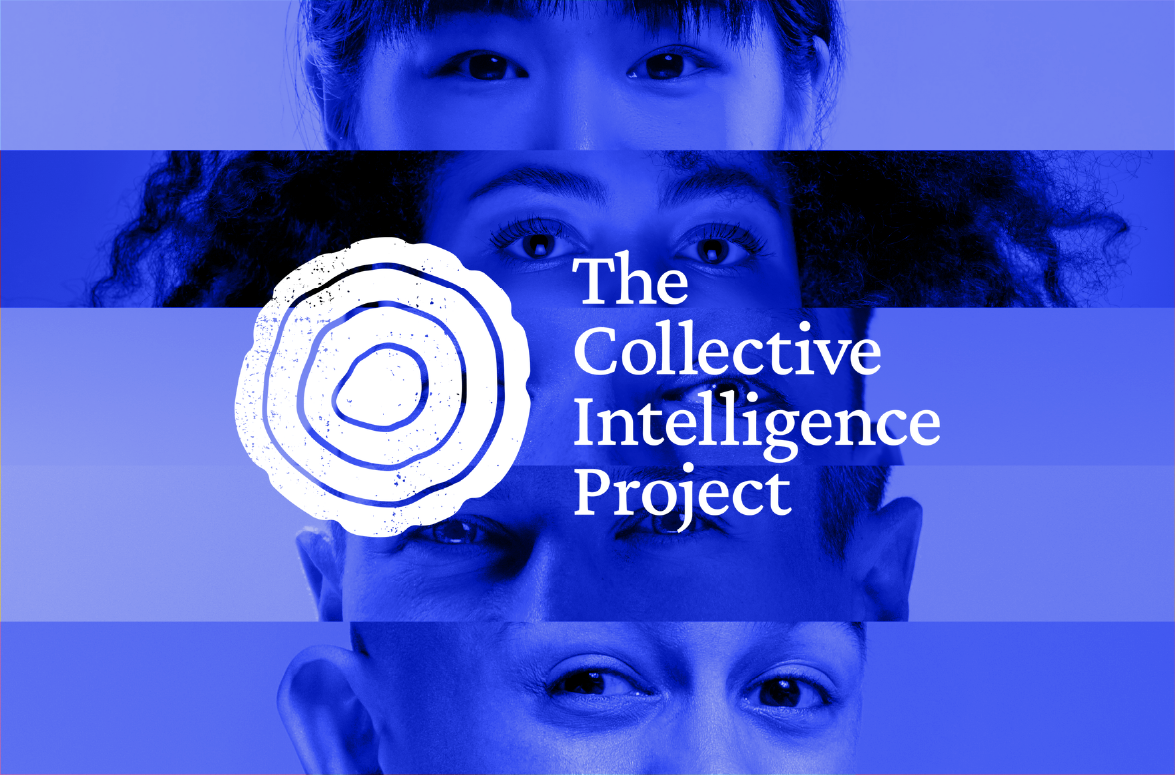Connecting Sentience Institute and Prolific to study the perception of AI

Sentience Institute is an interdisciplinary think tank researching long-term technological and social change. This particularly focuses on moral circle expansion when it comes to Artificial Intelligence (AI).
The task
Since its inception, conversation and debate about AI, and the ethics and morals surrounding it, has been rife. People have been asking questions about how much autonomy and sentience we should be giving AI. This has led to debates around the ethics of AI practices and questions about how humans perceive and respond to AI.
In this context, autonomy is defined as the ability to operate independently from others, the capacity to have and decide on goals, and the ability to alter these goals as and when necessary. Sentience is described as the ability to have positive and negative experiences such as feeling pain and pleasure.
The main goal of this research was to explore how people responded to AI with varying degrees of autonomy and sentience.
The challenge
The main challenge of this research was speed. AI developments happen fast, and the research had to keep up.
However, research could not just be speedy. Sentience Institute needed to ethically recruit a large and varied number of trust-worthy participants. Researchers were particularly concerned about ‘bots and bad actors’ within participants, as this would skew the findings of any research undertaken.
Finally, due to the nature of the research, Sentience Institute needed to run multiple conceptual studies, followed by two versions of the main study. The conceptual studies were integral for understanding what people knew and felt about autonomy and sentience before conducting the main studies. The main studies, which were Randomized Control Trials (RCTs), then split the participants in half randomly, one researching AI with varying degrees of sentience, and the other researching degrees of autonomy. The study provider needed proven, high-quality data to ensure the best results across several studies.
The solution
Sentience Institute chose, and continues to choose, Prolific for its high data quality, which is higher than any other online survey facilitator platform.
We trust Prolific to help us gather valid, high-quality data because of their participant vetting process and emphasis on the fair and ethical treatment of participants.
Prolific studies are also extremely quick, allowing the entire research to be timely and relevant in the fast moving AI space.
AI is changing fast, so it’s really valuable to be able to rapidly collect responses. For small or large samples, I’ve typically collected data within 24 hours for all the studies I’ve run on Prolific. [...] With this fast data collection, we can contribute timely, transparent data that tracks how attitudes to AI change over time, for us and other researchers to use now and in the future.
The main studies that Sentience Institute undertook involved participants making judgements on AI with varying degrees of autonomy and sentience. After being given a description of various AI, participants decided how sentient and autonomous the AI was. They had to say whether they thought it could feel, be rational, experience pain, and so on. This part of the study was greatly supported by Prolific’s large diverse samples, and representative sampling.
The result
The two main studies in the research received around 250 responses each. The overall impression from participants was that people perceived the more autonomous and sentient AI as having ‘more mind’. This suggested that these types of AI should also have more moral consideration.
But interestingly, participants also felt that the more sentient an AI is, the more potential for harm this could cause. Correlations between age and moral attitudes to AI are also beginning to show, however this is not yet conclusive. Sentience Institute will be running another study combining sentience and autonomy in late Dec/early 2023 to further investigate this research.







